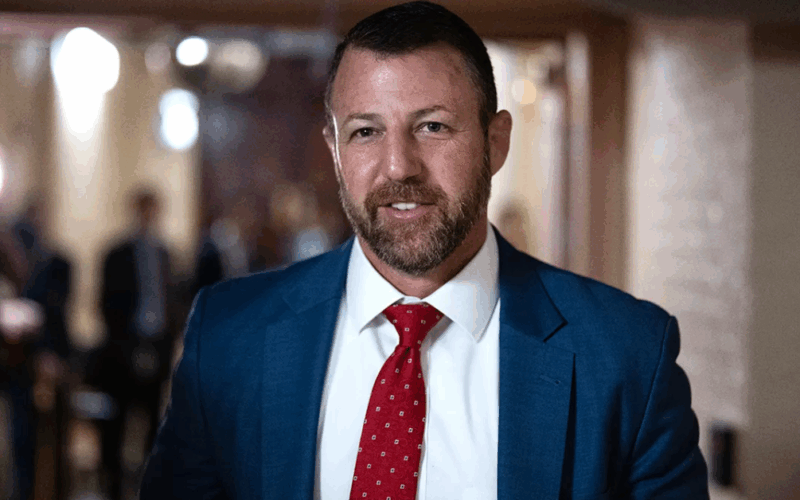Washington, D.C. – Senator Markwayne Mullin (R-OK) has come under fire after openly admitting he does not wear a seatbelt while driving in Washington, D.C. due to fears of carjacking attacks. The controversial remarks, made during a Fox News interview, sparked sharp criticism from analysts and the public alike, who labeled the senator’s stance as both tone-deaf and hypocritical.
Mullin, a former MMA fighter known for his tough persona, explained that he avoids wearing a seatbelt in the capital out of concern he might be trapped inside his vehicle during a potential attack. This admission has left many questioning the senator’s judgment and concerns about the message such statements send amid a broader national discussion on public safety.
Claims Versus Reality: Crime Trends in Washington, D.C.
Senator Mullin’s justification for refusing a seatbelt was met with pushback grounded in crime data. Experts and analysts pointed out that contrary to the senator’s fears, carjackings in Washington, D.C. have actually declined in recent times. This factual contrast highlights a growing disconnect between perceived danger and statistical evidence.
- Declining carjacking rates in D.C. undermine the fear-based rationale for neglecting seatbelt use.
- Transportation and safety experts stress the critical role of seatbelt use in preventing injuries and fatalities in accidents.
- Critics argue that such comments contribute to a culture of unnecessary fear rather than enhancing public safety awareness.
“Refusing to wear a seatbelt out of fear without factual basis is irresponsible and endangers not just the individual but also public health messaging,” said a transportation safety analyst.
Public and Expert Reactions to the Senator’s Statement
The reaction from political commentators, safety experts, and the public has been predominantly critical. Many have highlighted the hypocrisy in Senator Mullin’s stance given his past experience as a former professional MMA fighter, suggesting that the persona of toughness does not align with public expressions of fear in a controlled environment.
- Political analysts condemned the comments as potentially undermining trust in safety protocols.
- Public safety advocates reiterated the importance of consistent seatbelt use as a proven life-saving measure.
- Social media platforms saw widespread discussion mocking the senator’s fears and questioning his judgment.
The Broader Implications for Public Safety Messaging
Experts warn that high-profile figures expressing unsubstantiated fears can fuel misleading perceptions about urban crime, which may lead to public complacency about important safety practices like seatbelt use. This incident underscores the need for elected officials to speak responsibly on matters of public safety.
Read the full story here for further details and a video of the interview.
What Does This Mean for Drivers in Washington, D.C.?
Despite the controversy, the essential message from safety experts remains unchanged:
- Always wear your seatbelt regardless of location to reduce the risk of injury in accidents.
- Understand factual crime statistics to avoid unnecessary fear while remaining vigilant.
- Public figures should lead by example in promoting accurate information and safe behaviors.




